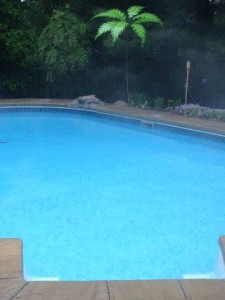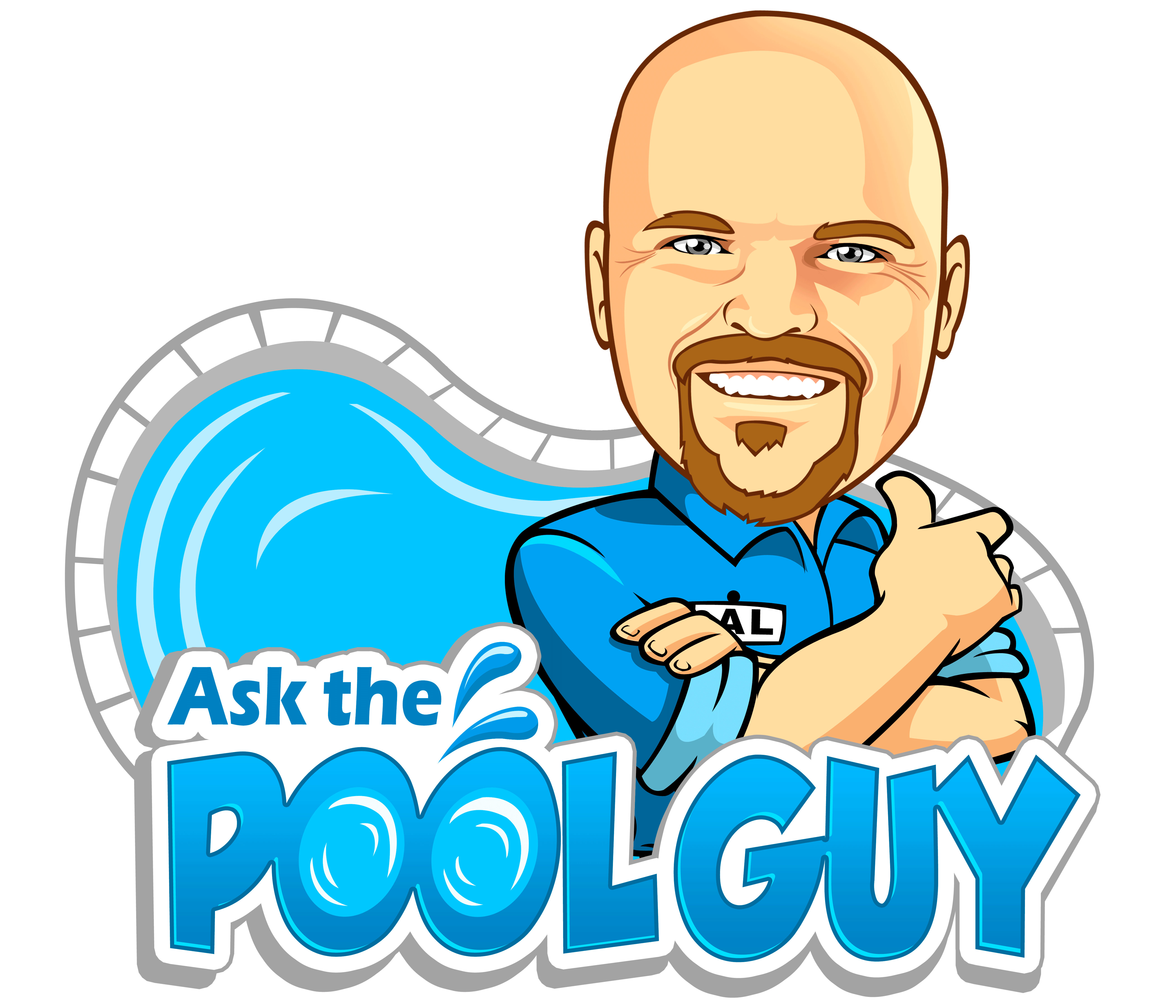 When the days grow cooler and shorter, it doesn’t necessarily mean it’s time to close your pool. Creating and maintaining the ideal pool temperature usually doesn’t come naturally, but with the right heater you can extend your swimming season.
When the days grow cooler and shorter, it doesn’t necessarily mean it’s time to close your pool. Creating and maintaining the ideal pool temperature usually doesn’t come naturally, but with the right heater you can extend your swimming season.
“While pool water tends to hover around 64-68 degrees Fahrenheit, it takes a well-designed heating system to bump it up to where we like it most: 77-84 degrees.” says Al Curtis from Ask The Pool Guy. “Installing the right heater for your pool can extend your swimming season by more than three months. This increases the return on your large investment (your pool).”
Take a look at our basic overview of the three main heating options: heat pumps, solar heat, and gas heat. This will help you make the right choice for your pool this season.
Heat Pumps
Heat pumps work by taking heat from the air and use it to produce hot water. These are reliable, highly efficient, and economical to run. They work in a similar fashion to a reverse cycle air conditioner.
“Compared to gas and electric element heating, heat pumps use a fraction of the energy to do the same thing. Even though heat pumps take longer to warm up at first, they are more economical and will then maintain the heating of your pool as well as gas heaters,” explains Al.
Compared to both gas and electric element heating, heat pumps use a fraction of the energy to generate the same amount of heat. They also have lower running costs. Just as a reference, you can save up to 80% over LpG, 50% over natural gas fueled heaters, and 500% over electric heaters.
Heat pumps will deliver hot water regardless of the weather condition, but they do have to work harder when the weather really cools down. In these months, their energy efficiency can vary slightly.
Heat pumps can also be costly to install initially, but the low running costs make up for this over time.
Solar
Solar powered heating options have steadily risen in the market since their introduction over 30 years ago. This is the most environmentally friendly option of all- they operate by using the energy of the sun.
The main advantage of choosing solar heat is that it pays for itself quickly, in just a few years. After the initial setup cost, the ongoing running expenses are minimal because heat is provided free from the sun. This will allow you to increase the amount of time you spend in your heated pool without having to worry about your bill racking up dollars.
Solar heating systems are easy to maintain and can last up to 20 years if properly installed and maintained.
The amount of head absorbed and the increase of your pool’s temperature depends on three factors:
- The size or area for the collector and the number of tubes per square meter
- The location of the collector
- The quality of the collector system
As you may have guessed, the biggest influence in the efficiency of your solar heater is the exposure to the sun. If you live in a climate that does not get a great amount of sunlight or in a very shady neighborhood, solar heating might not be your best option. Instillation can be costly; however, in some cases government rebates may be available.
Gas
Gas heaters are the quickest method for heating your pool. They are best for on-demand swimming. These are the most popular method of pool heating systems.
Gas systems use natural gas or LPG to heat the pool water by pumping it through a heating unit. The key benefits of gas are: its simple to use, it quickly heats up the pool water, and it works well no matter the temperature in the outside air.
Selecting the right size gas heater for your pool depends on three factors:
- The amount of water to be heated
- How long you want to wait for your pool to heat up
- Your ideal swimming temperature
Many gas heaters offer dual controls which are great for spas.
Different heating solutions work better for different pools. Give Ask The Pool Guy a call to find out what heating system works best for you!
